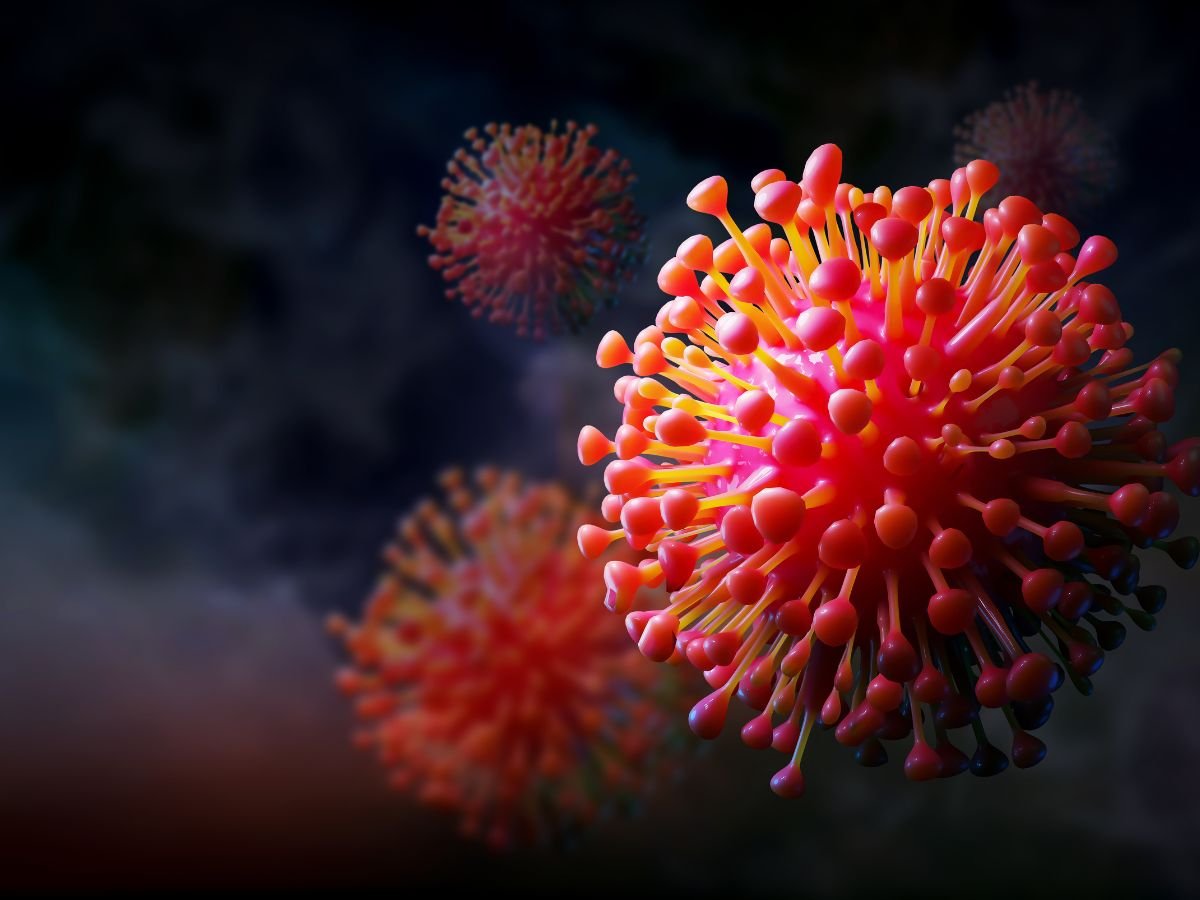New Delhi, 01 August 2025: What if recovering from a common viral infection could unknowingly trigger the return of cancer? Alarming new research suggests that viruses like the flu or COVID-19 may have the power to reactivate dormant cancer cells in the body. For millions of cancer survivors who believe they are in the clear after treatment, this discovery is unsettling—and could reshape how post-cancer monitoring is done in the future.
A growing number of studies now indicate that even years after remission, certain cancer cells may lie silently in the body, waiting for a trigger. And recent findings show that a viral infection, which activates the body’s immune response and inflammation, might be just that trigger.
Here’s what the science says, why this matters for cancer survivors, and how to lower your risk.
What Are Dormant Cancer Cells?
After cancer treatment like surgery, chemotherapy, or radiation, not all cancer cells may be eliminated. Some may enter a state called cellular dormancy, where they stop growing and remain undetectable by standard imaging tests. These cells can linger for years or even decades without causing symptoms or forming tumors.
Researchers describe these cells as “sleeping seeds” that can remain inactive in tissues like the lungs, liver, or bone marrow. But if the right (or wrong) conditions arise—such as inflammation or stress—they may “wake up” and start dividing again, leading to a relapse.
What Triggers Dormant Cells to Wake Up?
According to a new study published in Nature Cancer, infections like influenza or COVID-19 may provide the biological signals that dormant cancer cells respond to. Here’s how it works:
When the body fights off a virus, it activates the immune system, creating inflammation and increasing certain cytokines and growth factors in the bloodstream. While this is a normal defense mechanism, it can also unintentionally send signals to dormant cells, encouraging them to grow.
Researchers tested this theory in mice with dormant breast cancer cells and exposed them to viral infections. The results were alarming: The viruses reawakened these hidden cancer cells, leading to aggressive tumor growth and spread.
The same risk may exist in humans, although more clinical data is needed to confirm the direct connection.
Which Cancers Are at Higher Risk?
Dormant cell reactivation is more commonly associated with cancers that are known for late recurrence, including:
- Breast cancer (especially hormone-positive subtypes)
- Prostate cancer
- Melanoma
- Lung cancer
- Certain blood cancers like leukemia or lymphoma
These types of cancer can sometimes return after five, ten, or even twenty years of remission.
COVID-19 and Flu: Why They’re a Red Flag for Cancer Survivors
The COVID-19 pandemic brought increased attention to how viral infections affect people with compromised immune systems. For cancer survivors, the worry isn’t just about acute illness—but also about what viral-triggered inflammation might do inside the body long-term.
Some key reasons why viral infections are problematic for dormant cells:
- Heightened inflammation: Both flu and COVID cause systemic inflammation.
- Immune system dysregulation: COVID-19 in particular has been shown to cause temporary immune suppression and cytokine storms.
- Tissue damage: Lungs, liver, and other organs may experience tissue stress—providing an environment favorable for cancer cells to grow.
If dormant cells are present in these organs, they may sense the damage and “decide” it’s time to grow again.
Expert Warning: Monitor Cancer Survivors Closely After Viral Illness
Oncologists are now considering new strategies for cancer surveillance. One of the study’s lead researchers notes that cancer patients in remission who get infected with flu or COVID-19 should be monitored more closely in the months that follow.
Routine scans, blood tests, and symptom tracking could help detect early signs of recurrence. However, this is still an evolving area of study, and clinical guidelines haven’t yet changed.
But for high-risk individuals, it’s worth having a conversation with your oncologist if you’ve had a recent infection.
Symptoms That Could Signal Cancer Recurrence
If you’re a cancer survivor, be vigilant for the following signs—especially in the months after a viral illness:
- Unexplained fatigue
- New or persistent cough
- Weight loss without trying
- Pain that doesn’t go away (especially in bones or abdomen)
- Changes in appetite or digestion
- New lumps or swelling
- Skin changes or unusual bleeding
These may not always mean cancer is back, but early detection improves outcomes.
Prevention: What Can You Do to Lower the Risk?
While there’s no guaranteed way to prevent dormant cancer cell reactivation, these steps may help lower your risk:
1. Stay Up to Date on Vaccinations
Annual flu shots and COVID-19 boosters can reduce the severity of viral infections, limiting the body’s inflammatory response.
2. Prioritize Anti-Inflammatory Lifestyle Habits
Regular exercise, a healthy plant-based or Mediterranean diet, good sleep, and stress management all reduce systemic inflammation.
3. Avoid Known Triggers
Smoking, alcohol, chronic stress, and poor diet can all increase the risk of dormant cell activation.
4. Talk to Your Doctor About Immune Support
Some cancer survivors may benefit from immune-boosting therapies or supplements—always under medical supervision.
5. Schedule Regular Checkups
Even years after treatment, keep up with oncologist-recommended scans, bloodwork, and symptom tracking.
The idea that a simple viral infection like the flu or COVID-19 could awaken silent cancer cells is both unsettling and scientifically important. While the evidence is still evolving, this research reminds us that cancer remission doesn’t always mean cancer is gone for good—it may just be sleeping.
For cancer survivors and their loved ones, awareness is key. Stay informed, stay protected, and never hesitate to reach out to your doctor after any major illness.
Early vigilance could make all the difference.






